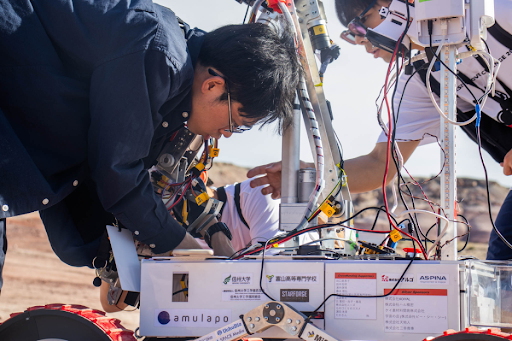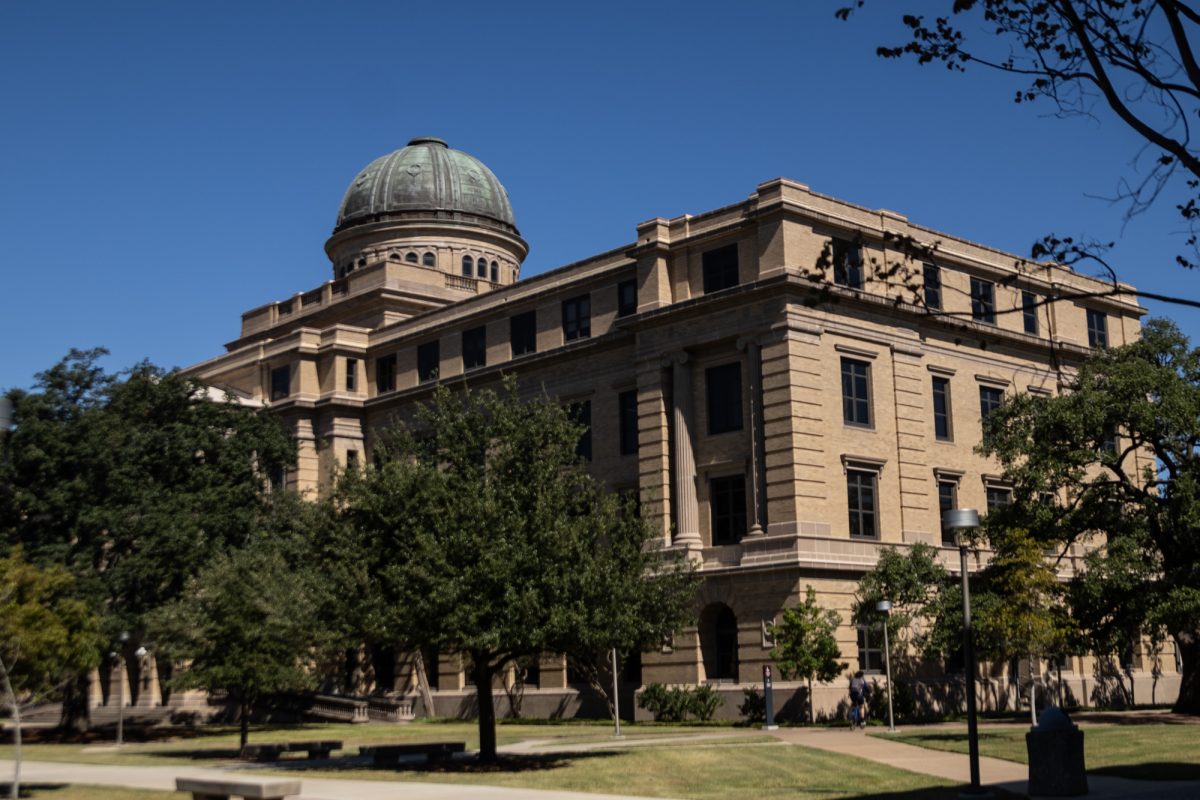On Saturday from 1:00 to 4:15 p.m., students, families and local citizens gather at Simpson Drill Field to learn the important role science plays in society.
Hosted by the Aggies in Science Technology and Engineering Policy, or A-STEP, “March for Science” is a campus event that defends the how science impacts health, safety, economy and government. With the march starting at Simpson Drill Field, the event will transition inside the Interdisciplinary Life Sciences Building where scientists perform demonstrations, lead town hall meetings, answer questions and meet the public. Families and local citizens are encouraged to attend to get a better understanding of how the scientific process works.
Biochemistry graduate student and event organizer Keya Mukherjee said one of the goals of March for Science is to start a conversation about what scientists do and how government policy can affect scientific research.
“Scientists can get into the habit of not talking to the outside community and that leads to a feeling of detachment from the very people who are funding their research,” Mukherjee said. “We want to open the doors of our university and let the community into spread awareness for the work that goes on here.”
The public will have the opportunity to meet with scientists from many different disciplines and discuss how their work directly affects the community. Chemistry graduate student and president of A-STEP Zachary Perry believes the event is great way of bringing together two different communities.
“The March for Science is bringing together those in the Bryan-College Station community with those in the research community,” Perry said. “It’s so important for everyone to understand how science really works and ways that the public can play a part in that process.”
Materials science and engineering graduate student Jaskirat Batra is an organizer for the event and hopes the event will strengthen ties between the scientific community and taxpayers.
“In order to close the gap between what a scientist does and what people see, we need to provide opportunities for scientists and public to directly interact with each other, and also educate the people about what exactly goes into policy making when it comes to scientific research and funding,” Batra said.
Batra said he hopes March for Science encourages the public to write and call lawmakers to give science a more prominent position in politics, and allow the community and scientists to celebrate science.
“There’s so much more to science than wearing a lab coat,” Batra said. “Not every scientist looks like someone on the Big Bang Theory. I want everyone to be able to come away thinking that anyone — including themselves — can become a scientist.”









